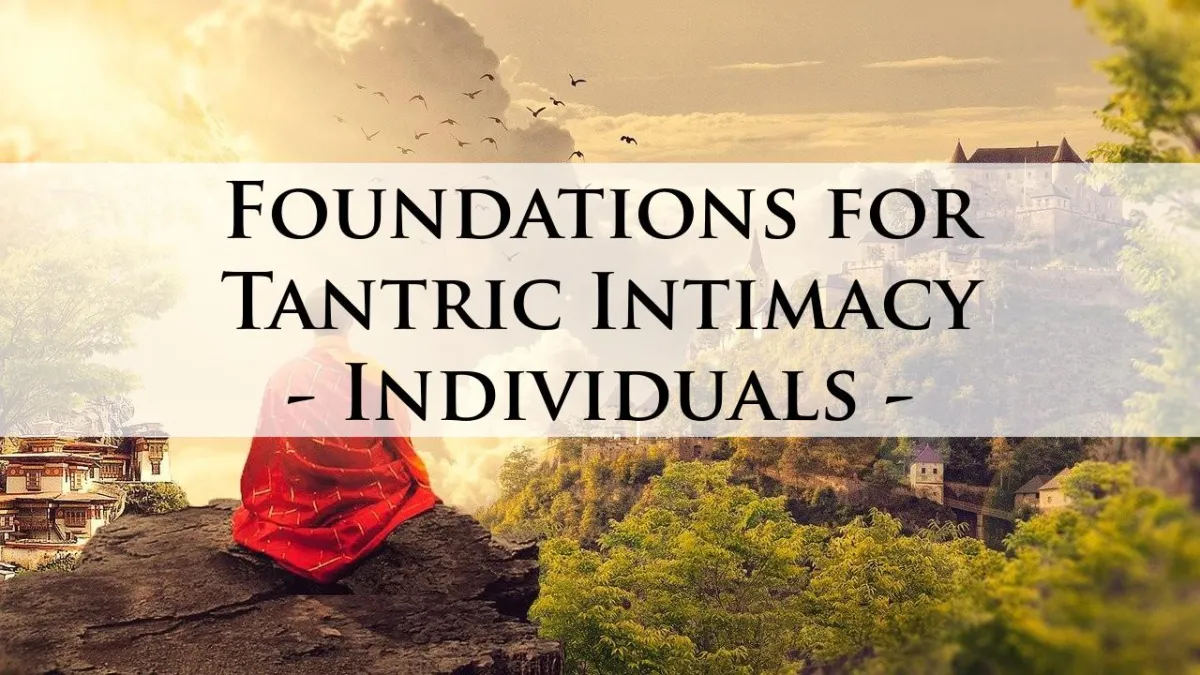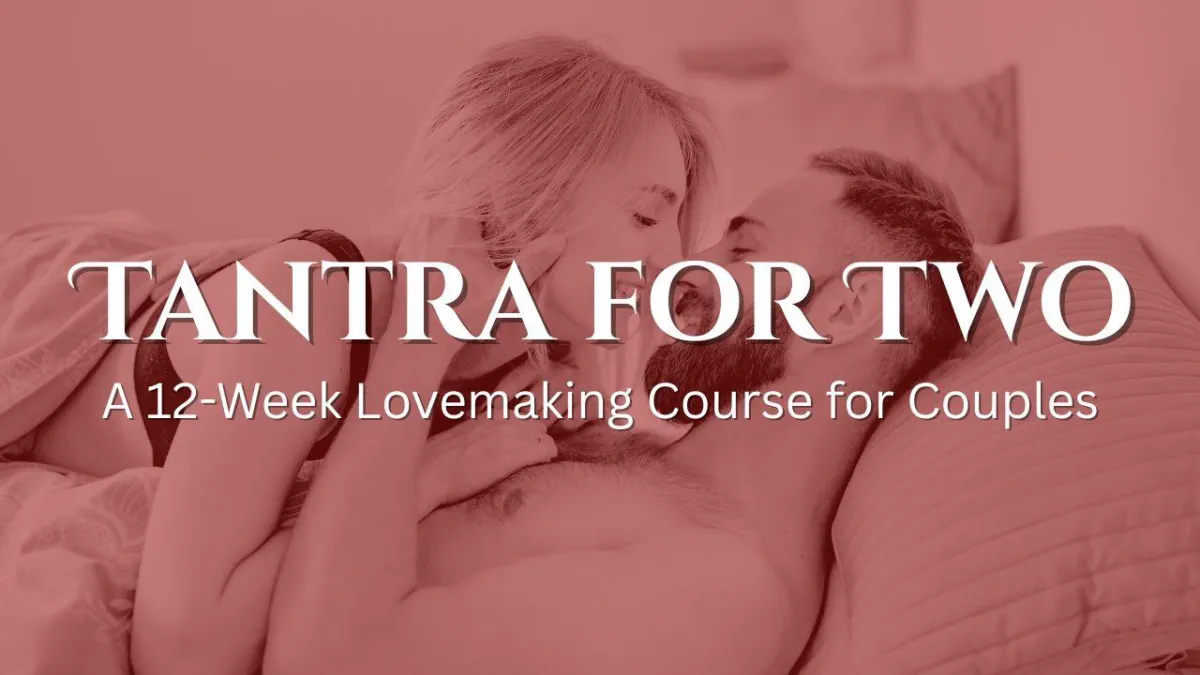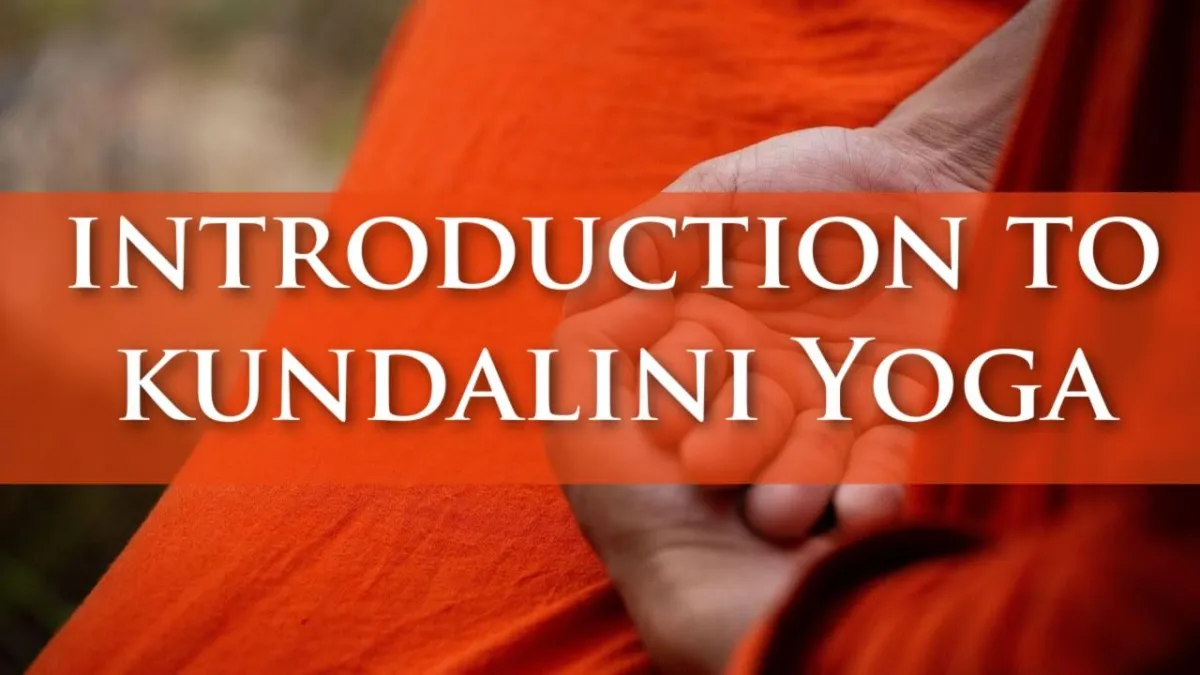
Are you in a relationship with a Narcissist?
When someone asks, “What do I do if I’m in a relationship with a narcissist?”, the number one answer they’ll get is “LEAVE”! There are more good reasons to leave than stay… and yet, sometimes leaving doesn’t seem quite right.
Perhaps we feel called to stay for reasons that are hard for us to understand. Maybe it’s financial security, the kids, pride, or something else that is just saying “no… stay”.
So, what if there are things that our soul wants to learn? Maybe there is karma that needs to be looked at, ancestral patterns to be healed, or simply personal experiences that have to be had so we don’t repeat this relationship again.
The Power of Contrast
Abraham-Hicks defines contrast as anything that comes into our lives that we don’t like. The contrast is there as an “opposite-mirror”. It shows us what our soul doesn’t want. It helps us see — through the contrast of opposites — what our true soul’s path is.
Being in a relationship with a narcissist brings up incredible contrast. There are hurtful things said, mind-games to make us question ourselves, and a kind of emotional separation that is painful for the soul.
If we choose to stay and learn, then the key is to not take it personally. We have to be able to observe the behaviour clearly and not get caught in the mind games or else we won’t be able to learn anything.
And once we embrace this contrast, our learning curve can become incredibly fast!
You Deserve to Be Treated Well
Gaslighting is often used by narcissists to undercut your confidence and make them feel like they’re in control. They do this by bringing up painful issues that they know about you. They use this to shift focus so that they can do anything they want.
For example, when they do something and you get upset, they will turn this back on you to make you think that you’re overreacting. They might openly wonder if you are overreacting due to something else — maybe from your childhood. Of course, this inner issue with your parents might be real which is why gaslighting works. When the gas-lighter makes you look at this inner issue, all the painful emotions fill you up and make it hard to think straight. Soon, you are thinking something like, “Yes, I do have this issue. It isn’t resolved. I am probably overreacting. My partner is right.”
The benefit to experiencing this drama is that it helps to sort out our past traumas from our current lives. We naturally bring the unresolved patterns of our past into current relationships in order to sort them out. But it becomes confusing. We begin to believe that because we were treated badly in the past, it is normal for others to treat us badly too. But this isn’t true.
What the gas-lighter has done is still wrong — regardless of whether it was similar to something that happened in a past relationship.
The two events are not connected. The person standing in front of you still must be accountable for their actions. They have nothing to do with you.
This is a huge deal for anyone recovering from trauma… to know that this current situation is separate. Otherwise, every experience has the danger of adding to the first trauma(s). And they are separate.
Do I recommend a traumatized person to stay with a narcissist? Of course not. But if they feel they can’t leave, then with the support of a counsellor or friend, they can see through the game and put their trauma in the past.
No one is allowed to use that against you.
Knowing Your Reality is Real
Narcissists effortlessly lie. They actually don’t know what the big deal is about being so “perfectly accurate” about everything. So, they changed a few details? What’s the big deal?
Initially, we might think that this is no big deal until we realize that this isn’t a one-time situation, this is how their brains work. They hold no value in truth. It’s like they can’t even connect with it — let alone put any importance in it.
So, if they say something that isn’t true and you call them on it, they will happily lie right to your face. This is very confusing to someone who doesn’t lie. You love this person. Maybe you are wrong. There’s no way that someone can just lie so openly. Maybe you have misunderstood something.
This can go on for years until they are caught in a truly obvious lie. It often will include other people which is how they got caught. Then, you start “replaying the tapes” and realizing that there were a million lies over the years — about big things and small things. Your memories start to be a blur of confusion.
At this point (maybe it happens earlier in the relationship), we begin to check in with ourselves more deeply about what is true. We connect with a deeper part of ourselves. We become very clear about our perception of events and we trust ourselves.
Soon, when the others say their version of what happens, we check with our own version of it, we start to know what a Lie feels like and what Truth feels like. Up until this point, this wasn’t clear or else they wouldn’t have been able to lie all these years.
Once we understand the game, it’s an incredible opportunity to learn to stand in your truth. When they look right at you and say that something isn’t true, you can restate your truth in confidence, or simply smile and walk away.
Trusting the Wisdom of Your Feelings
They are often passive aggressive and then say that you are too sensitive when you share that you are hurt. Of course, no one gets to say if we’ve been hurt. If a gun was fired and we got hit, the simple truth is that we were shot. The one holding the gun doesn’t get to decide.
And because we have all been taught to suppress our emotions for generations, this kind of manipulation is an easy game. However, we are waking up to the importance of our emotions. We are realizing that our emotions aren’t the “soft” side of us, they hold great truths. They are our entire being’s response to a situation — being shared through strong emotions.
Once we realize that our emotions are helping us see the truth and are a strength, not a weakness, the whole game changes.
When they say that we are being sensitive, we can look at them and say “Yes, I am very sensitive. I am aware of how I feel. I know what the truth is.”
It is from this truth that we can look clearly at the other. We can see our relationship for exactly what it is and make different choices that are truly in line with who we are.
Knowing Your Importance
Narcissists, by definition, make everything about them. It is often the case that they are not capable of emotionally connecting with others. They may know when they are feeling hurt. But they will not consider when something they have done has hurt another. For some reason, this just doesn’t register at all.
This is hard to realize when we naturally are emotionally connected to others. We don’t realize it because we project our own reality onto others. The idea that the other person cannot feel you at all is hard to fathom — perhaps even goes against deep philosophies about being human.
And so, this one can go unchecked for some time. We assume that the other is considering both of us. We assume that they are aware of our feelings. But if you are reading this article and have labelled your partner a narcissist, then you already know that they do not connect with you.
This causes us to ponder the kinds of relationships we want to have. Do I want a loving partner? Do I want intimacy and emotional connection? What does that look like? Will I settle for anything less? If I do settle, what kind of relationship is that?
Knowing Our Individual Truth
For centuries, we have been taught to honour the truths of everyone around us. We are first taught to do what our parents wanted — lest we be punished. Then, we must do what our teachers say — lest we be expelled. We must do what the priests say — lest we go to hell. We must do what our bosses say — or we have no money for rent.
This deep training of looking outside of ourselves for the “truth” of how to live has made us prime victims of narcissists. We have been taught to question our reality for our whole lives. We have been taught to believe the “authority” more than ourselves… because even if we disagree, we will be punished for saying so.
In relationships, the “authority” can easily be our partner and if they are a strong personality and a narcissist, all of this deep people-pleasing training will play effortlessly into all the mind-games.
And so, we learn to trust our own truth.
Because we recognize their game, every time our truth is questioned, our connection to that truth becomes stronger. We can use our partner’s personality to undo centuries of training of kowtowing to tyrannical leaders. When they try to manipulate us out of our truth, we see how true our perspective must be — or else it wouldn’t be being questioned.
One of Gandhi’s great teachings was satyagraha. Satya means truth and grahameans “standing in”. Satyagraha is to stand in one’s truth. There is no need to fight (hence the non-violence application). You just KNOW what is real. You just know the truth deep in your bones. And you stand in full confidence in that truth.
This is where we actually start living our true life paths.
And then one day…
You will leave. As you become stronger and stronger, your partner will not enjoy your relationship. Their games will not work. They will not be getting the responses they like and will no longer want to play with you.
Of course, this will be fine. Your soul will be satisfied with your journey and be ready for a brand new experience.
The great benefits will be the new self-confidence and connection to truth. And because of this, you’ll see a narcissist coming a mile away… or maybe you’ll never meet one again.



